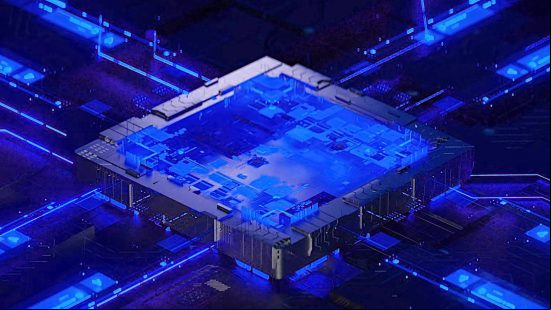When is the Intel 14th Gen release date? Team blue's newest processors are likely to hit the market soon, and we're keen to see how the Raptor Lake Refresh Us stack up against their 13th Gen and AMD Ryzen counterparts. There hasn't been much in the way of official information from Intel, but this is everything we know about the Intel 14th Gen.
If Intel gets the price and specs of its 14th Gen gaming Us right, it could bolster its majority market share by taking a slice from AMD. Given Intel's stellar track record, it's a fair assumption that a few of these processors will be featured on our best gaming U list.
Intel 14th Gen release date
The Intel 14th-gen release date was on October 17, 2023, when the Core i9 14900K, Core i7 14700K, and Core i5 14600K were all made available to buy in stores.
Intel 14th Gen price speculation
The Intel 14th Gen price is likely to be similar to 13th Gen Us, meaning Core i5 processors will cost roughly $300, ranging up to $700 or more for high-end chips like the Intel Core i9 14900KS.
According to a post on the PC Games Hardware forum, there's an Intel U price hike incoming which will affect team blue processors, including the Raptor Lake Refresh. This across-the-board price rise was rumored to be coming to help fund new factories and push through a company restructure.
However, Intel itself quashed this rumor, saying it, "has not sent the letter described to customers or partners and has not initiated a price change to its U portfolio at this time." Until we get other information, we can only assume the Intel 14th Gen range will follow the pricing conventions established by its 13th Gen predecessors.

Intel 14th Gen specs rumors
Although Intel hasn't released any official information yet, it's anticipated that the Intel 14th Gen range will use the new LGA 1851 socket, rather than Raptor Lake's LGA 1700. This new socket is rumored to include increased core counts for some models, which together translate into improved clock speeds across the board.
Here are the rumored Intel Raptor Lake Refresh specs:
| Model | Cores | Performance / Efficiency Core Split | Threads |
| i3 14100F | 6 | 6P | 12 |
| i3 14300 | 6 | 6P | 12 |
| i5 14400F | 14 | 8E + 6P | 20 |
| i5 14500 | 14 | 8E + 6P | 20 |
| i5 14600K | 16 | 8E + 8P | 24 |
| i7 14700K | 20 | 12E + 8P | 28 |
| i9 14900K | 24 | 16E + 8P | 32 |
At the top of the range, an Intel Core i9 14900KS U behemoth could be on the way, according to leaked details obtained by YouTuber Moore's Law Is Dead. This powerhouse processor could reach an unprecedented 6.2GHz clock speed, beating even the leaked i9 14900K clock speed of 6GHz. The i3 14100F rounds out the lower spec chips with up to 4.7GHz, which allegedly outstrips its last gen counterpart by 0.2GHz.

Intel 14th Gen benchmark rumors
For now, there are no official Intel Raptor Lake Refresh benchmark data, but some benchmark leaks have appeared online which point to a small but noticeable performance jump compared to the 13th Gen. Considering the rumored increase to core counts and clock speeds in the 14th Gen range, it's highly likely we will see improved benchmarking figures to confirm this when Intel releases its official testing.
At the low end of the benchmark leaks are the data released by Igor's Lab, which saw the flagship i9 14900K getting a mere 1-4% boost compared to the i9 13900K. Other leaked benchmarking is more optimistic, though. An Intel Core i9 14900K specs leak claims up to 15% performance boost across the board, courtesy of Moore's Law Is Dead. That equates to an around 4-8% single-threaded performance boost and 8-15% for multithreading. Nothing spectacular, but a solid improvement over Raptor Lake Us.

